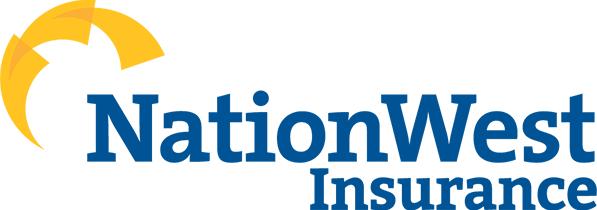
Insurance for small business
August 5, 2018
At Intact Insurance we take an individualized approach to determining what your business insurance will cost. We look at many factors relating to your business and determine a price based on the type of business you operate, details about your premises, years in business and much more. We consider many variables that differentiate you from other businesses.
Ways to reduce your small business insurance premium
When running a business, it is important to understand the risks that can arise in your day-to-day operations. Some risks are obvious, while others only reveal themselves to someone who knows where to look and what questions to ask. Loss prevention experts can work with you and your broker to identify risks to the business, measure the type and seriousness of those risks, and develop a plan to control, reduce, or eliminate risks altogether.
Evaluate your coverage needs each year:
As your business grows, your insurance needs will change. Make sure that your coverage adequately protects your business and employees and reflects any changes in your operations or to your premises.
Keep your fire, theft and water damage preventative measures current:
Ensure that fire protection equipment such as sprinkler systems, fire alarms, and fixed extinguishers are serviced and tagged on a regular basis.
Ask about savings your business may be eligible for:
Talk to your broker to find out if you qualify for any additional savings such as having good business credit score or a fleet management program.
Incorporate the right coverage for your business:
Depending on the industry or type of business you operate, there may be certain specialized coverages such as Error & Omissions, equipment breakdown, marine, to name just a few, that could be written with one insurance company to provide additional savings for you.
How much coverage is enough?
Work with your broker to determine exactly what level of coverage you need, including business interruption insurance.
Premiums and deductibles
The deductible on your business insurance is the amount you pay towards repairs or replacement in case of damage or theft. If you choose a higher deductible in return for a lower premium, it saves you money. The tradeoff, however, is the risk of having to make a claim and pay the higher deductible amount.
Factors considered in determining your business insurance premium
Here are some of the factors we consider when calculating your premium:
How much protection you require
– Depending on your business, you may need or want more insurance protection for your business and property. This will result in a higher premium as you increase your coverage.
Where your business is located
– Based on geography, some locations have a higher risk of crime, burglary, sewer back-up and weather-related events, resulting in a higher premium.
How large are your operations
– The size of space you occupy is one factor to help determine the premium.
The age of the building from where you operate
– Property rates are generally lower for newer buildings as codes for prevention help to reduce incidents.
Do you share your premises with other occupants
– If there are no other occupants sharing the premises with you, you could save on your premium.
What type of business you operate
– The riskier the business is (hazardous goods, combustible materials), the potential for loss is higher and is reflected in your premium.
How long have you been in business
– The longer you are in business, your premium will typically decrease.
How many claims you have made
– The fewer number of claims you have made will result in a greater reduction in your premiums.
Insurance Fact
Did you know? The December 2013 ice storm in southern Ontario and Eastern Canada resulted in $200 million in insured losses.

